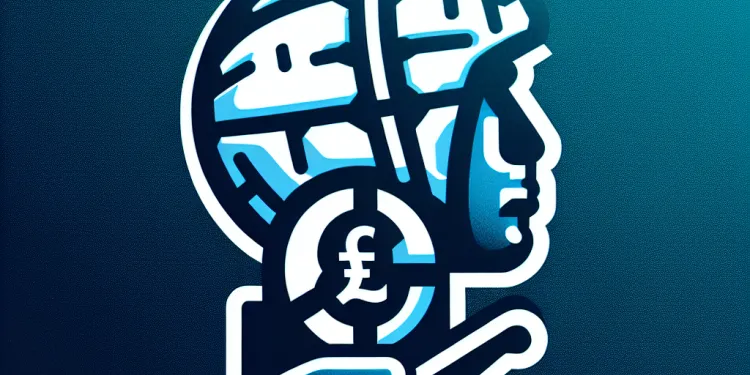
Find Help
More Items From Ergsy search
-
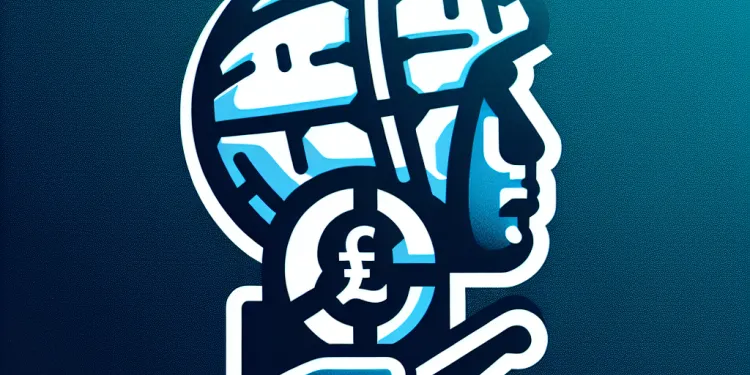
What support is available for rugby players who suffer concussions?
Relevance: 100%
-
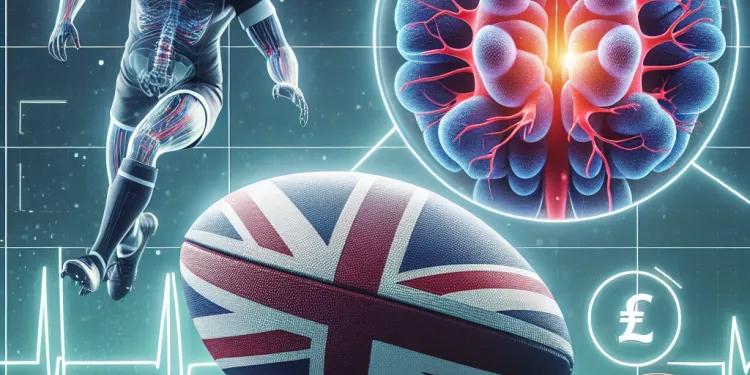
How do concussions impact long-term health in rugby players?
Relevance: 93%
-
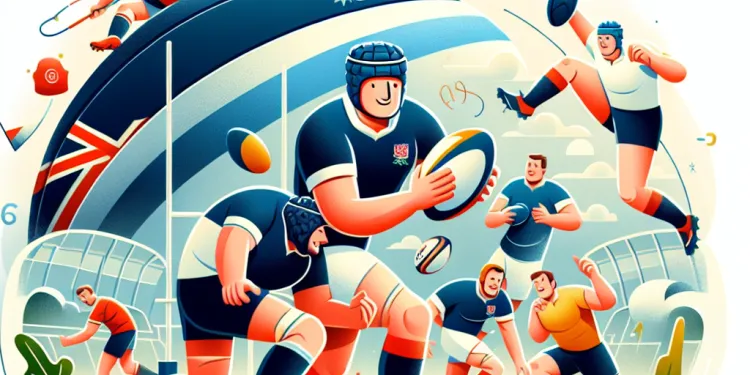
Are Concussions common in Rugby?
Relevance: 89%
-
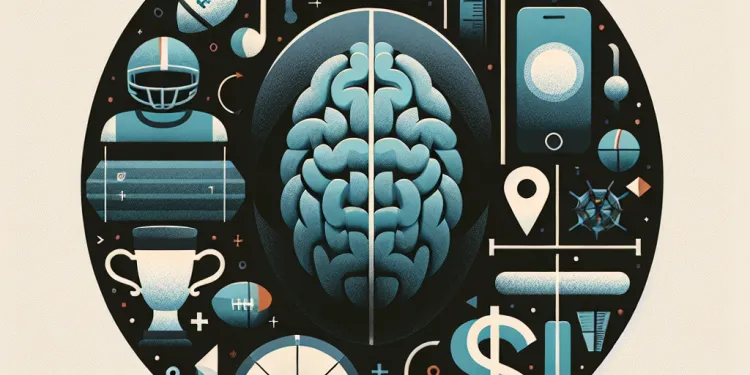
What causes concussions in rugby?
Relevance: 85%
-
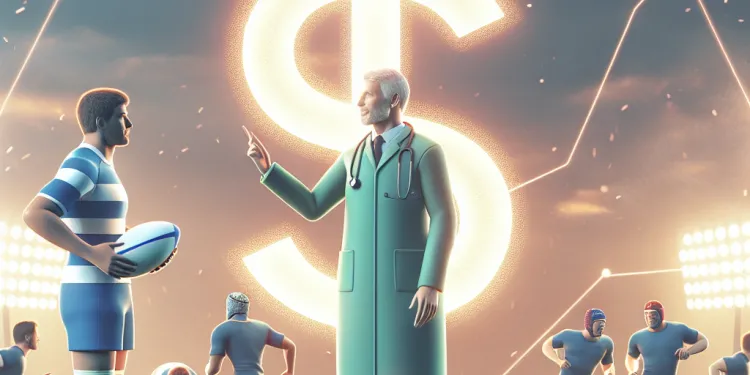
Is there a protocol for managing concussions in rugby?
Relevance: 85%
-
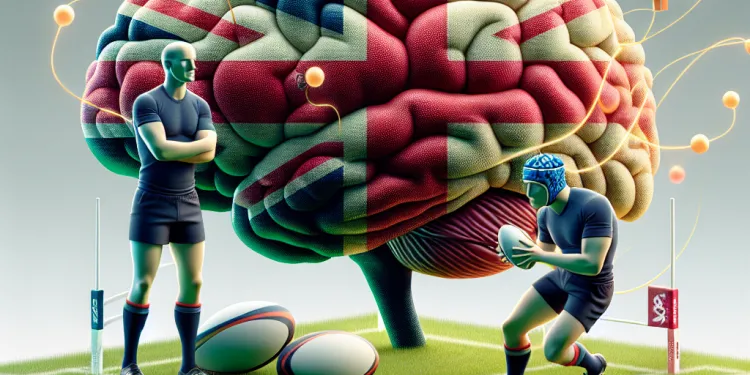
Are helmets required in rugby to prevent concussions?
Relevance: 82%
-

How can concussions be prevented in rugby?
Relevance: 80%
-

Is there a difference in concussion rates between amateur and professional rugby?
Relevance: 79%
-
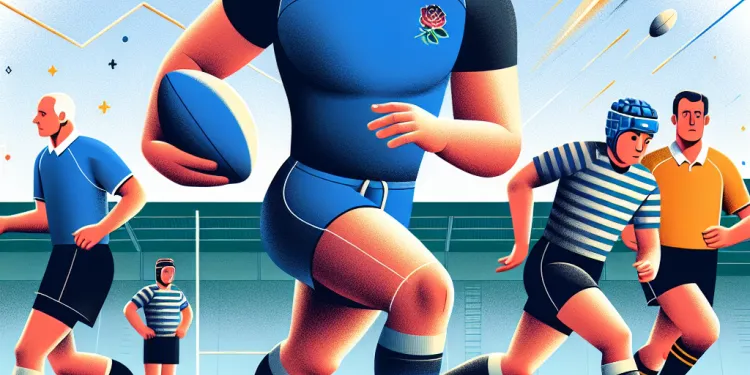
What age groups are most at risk for concussions in rugby?
Relevance: 78%
-

Can players return to play on the same day after a suspected concussion?
Relevance: 58%
-
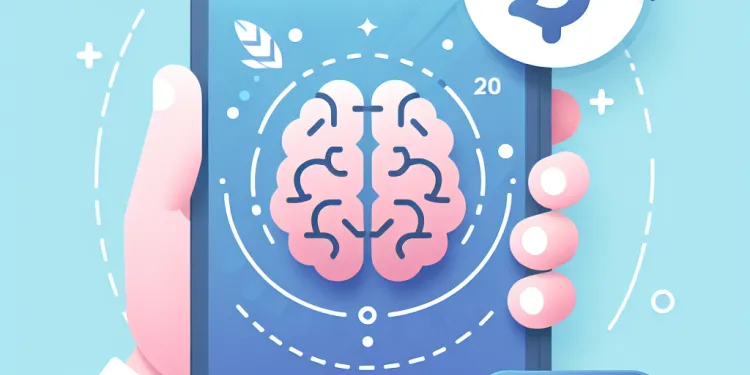
Is there any way to prevent concussions?
Relevance: 50%
-

How can concussions be prevented?
Relevance: 49%
-

What is Concussion?
Relevance: 42%
-
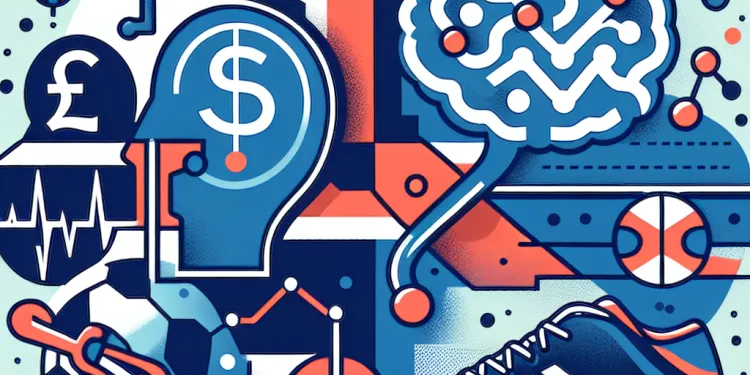
Can playing sports increase the risk of a concussion?
Relevance: 41%
-
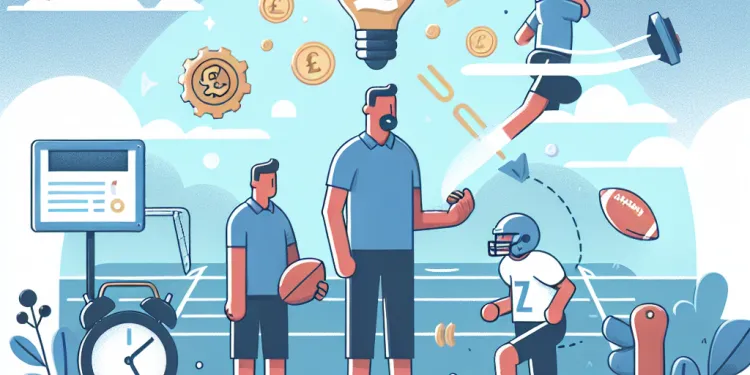
Is training available for coaches to help prevent concussions?
Relevance: 41%
-
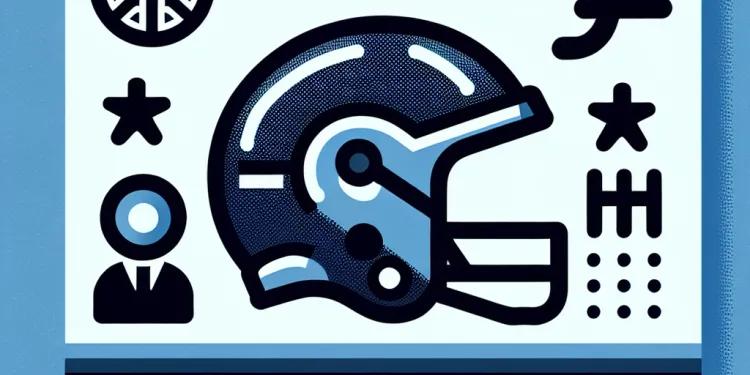
How can concussions be prevented?
Relevance: 41%
-
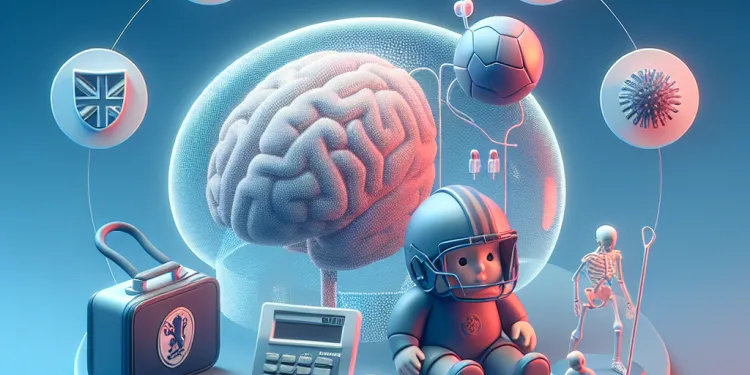
Are children more susceptible to concussions than adults?
Relevance: 38%
-
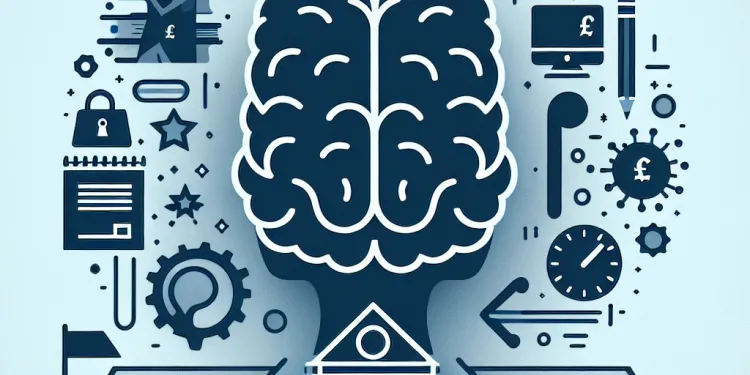
What role do schools play in managing concussions?
Relevance: 38%
-
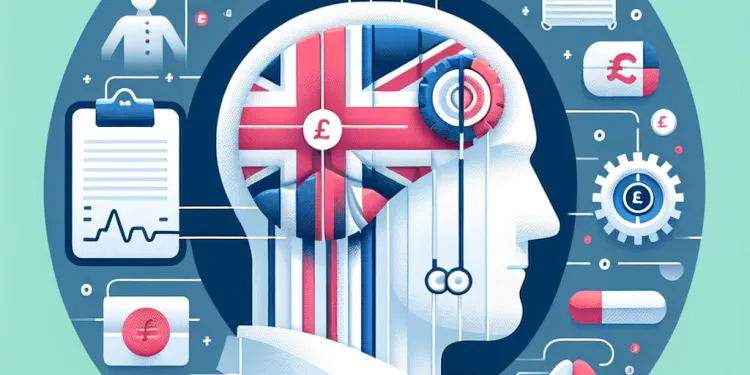
How is a concussion diagnosed?
Relevance: 33%
-
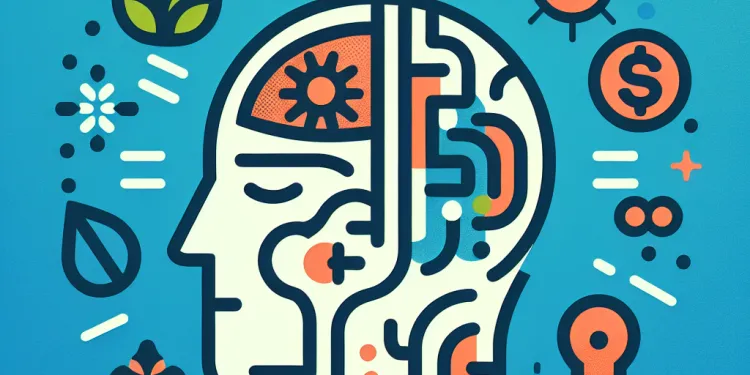
Is headache a symptom of a concussion?
Relevance: 33%
-
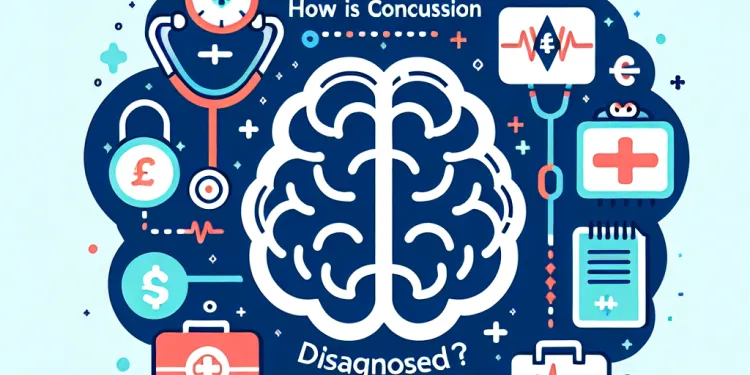
How is a concussion diagnosed?
Relevance: 33%
-
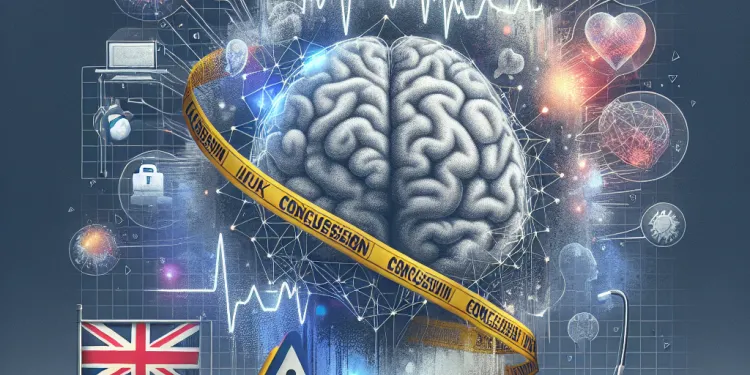
Can a concussion cause memory problems?
Relevance: 32%
-
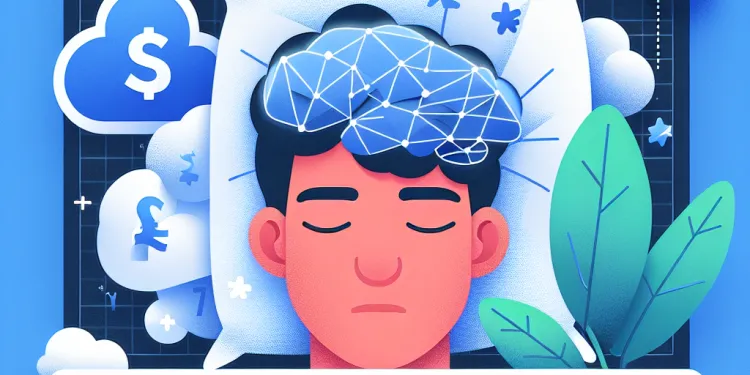
Is it safe to sleep after a concussion?
Relevance: 32%
-
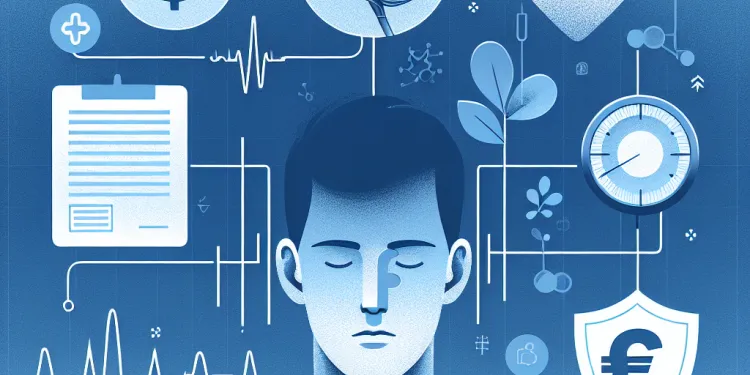
What are common symptoms of a concussion?
Relevance: 32%
-
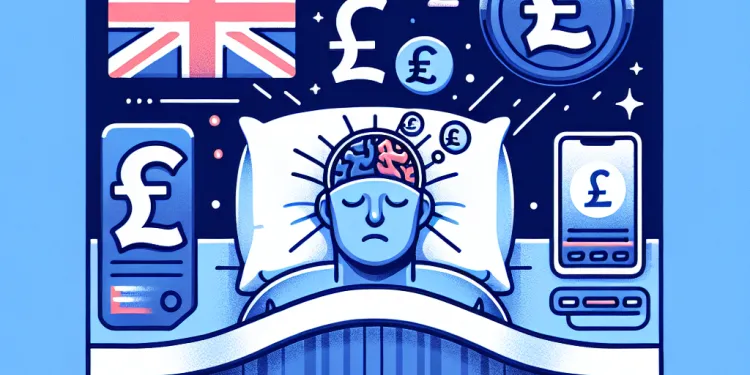
Is it safe to sleep after a concussion?
Relevance: 31%
-

Can concussions lead to mental health issues?
Relevance: 31%
-

Should people with a concussion avoid screens and technology?
Relevance: 30%
-

Can concussions occur without a direct blow to the head?
Relevance: 29%
-

When is it safe to return to normal activities after a concussion?
Relevance: 29%
-
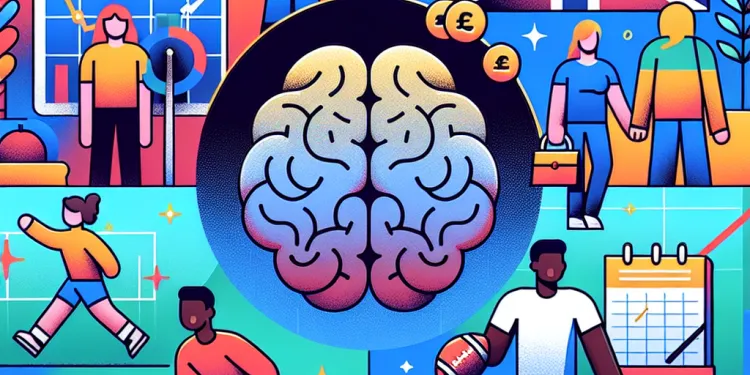
When is it safe to return to normal activities after a concussion?
Relevance: 28%
-
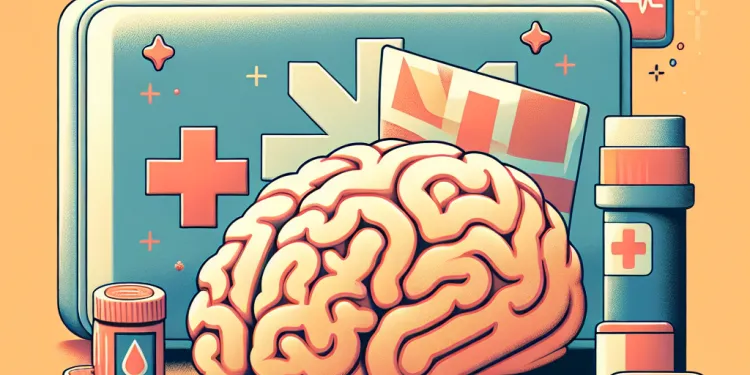
What immediate steps should be taken if someone has a concussion?
Relevance: 28%
-

What charities does the Postcode Lottery support?
Relevance: 23%
-

What is the Postcode Lottery in the UK?
Relevance: 14%
-

What happens if two players from the same postcode win?
Relevance: 14%
-
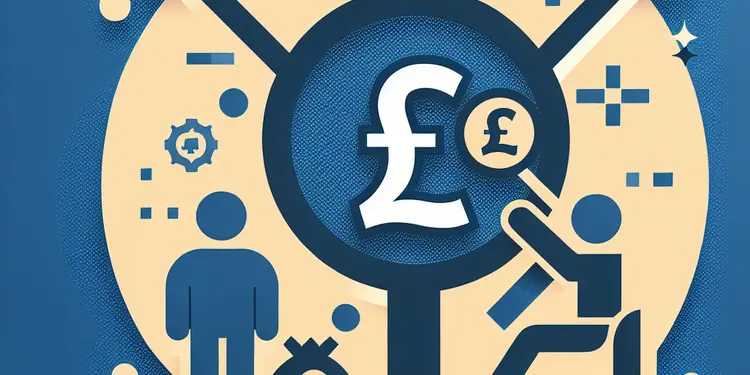
Can primary care support workers access mental health support?
Relevance: 14%
-

Is there a minimum age requirement to play the Postcode Lottery?
Relevance: 14%
-

Are there support groups for postnatal depression?
Relevance: 14%
-

What are tech support scams?
Relevance: 13%
-

Mental Health Support Resources in the UK
Relevance: 13%
-

Mental Health Support Services in the UK
Relevance: 13%
Support Available for Rugby Players Suffering Concussions in the UK
Medical Support
In the UK, rugby players, from grassroots to professional levels, have access to comprehensive medical support. This includes immediate on-field assessments by trained medical staff and doctors who follow the "Recognise and Remove" protocol, ensuring that players with suspected concussions are safely removed from play. Post-match, players undergo a thorough medical evaluation, which often includes clinical assessments and neurocognitive testing. The RFU's Headcase initiative provides detailed guidelines for healthcare professionals dealing with concussions, ensuring uniformity and high standards of care.Rehabilitation Programs
Players diagnosed with concussions can access tailored rehabilitation programs facilitated by medical experts. These programs focus on a gradual return to learn (for students) and return to play protocols, ensuring that players only resume activities when completely safe. This process is meticulously monitored and includes stages that test both physical readiness and cognitive function. The RFU and other rugby bodies emphasize player education on recognizing symptoms and understanding the importance of adequate recovery following a concussion.Mental Health Support
Acknowledging the psychological impact of concussions, rugby organizations offer mental health support. Players can access counselors and mental health professionals adept at dealing with sports-related injuries. Services such as confidential helplines and therapy sessions are available through collaborations between rugby clubs, the RFU, and mental health charities. This support ensures players have the necessary resources to handle anxiety, depression, or other mental health issues arising from concussion-related downtime or the fear of recurring injuries.Educational Resources
Education plays a crucial role in concussion management. The RFU and other rugby authorities provide extensive educational resources, workshops, and seminars to help players, coaches, and parents understand the risks and management of concussions. These resources are available in various formats, including online courses, videos, and downloadable materials that cover topics from symptom recognition to injury management. The aim is to foster a culture of safety where everyone involved is knowledgeable and proactive in supporting players' health and well-being.Policy and Advocacy
There is ongoing advocacy and policy development spearheaded by the RFU and World Rugby to improve safety standards and protocols related to concussions. This includes the formulation of rules to limit dangerous play, stringent enforcement of safety standards, and initiatives aimed at improving protective gear. These organizations also push for policy changes that benefit players' long-term health, demonstrating a commitment to reducing concussion rates in the sport and ensuring a safer playing environment. Through these comprehensive support systems, the UK rugby community aims to ensure players' health and safety remain a top priority, showing a robust response to the dangers posed by concussions in the sport.Help for Rugby Players with Head Injuries in the UK
Medical Help
In the UK, rugby players have medical help available. This is for all players, from beginners to professionals. If a player might have a head injury, trained medical staff check them right away. They use a "Recognise and Remove" rule. This means they take the player out of the game if they might be hurt. After the game, the player gets a full check-up from doctors. The doctors use tests to see how well the brain is working. There are clear rules from the RFU that doctors follow to keep players safe.Getting Better Programs
If a player has a head injury, they can get help to get better. Experts make special programs for them. These programs help players go back to school or play safely. They only let players play again when it is safe. The RFU and other rugby groups teach players how to spot signs of head injuries. They also tell players why it is important to rest and get better.Help for Feelings
Being hurt can make players feel sad or worried. Rugby groups give players support for their feelings. Players can talk to counselors and other experts who know about sports injuries. There are secret phone help lines players can call. Rugby clubs and mental health groups work together to help players. This support helps players deal with feelings after a head injury.Learning About Safety
Learning is important to keep players safe from head injuries. The RFU and other rugby groups give lots of learning materials. They help players, coaches, and parents understand head injuries. These materials are in different formats like online courses and videos. They help everyone learn how to recognize signs of injury and how to take care of them. Everyone is encouraged to learn and be safe.Rules and Safety
The RFU and World Rugby make new rules to keep the game safe. They make rules to stop dangerous play. They also make better safety gear. These groups want to change rules to help players stay healthy for a long time. They work hard to make rugby a safer sport for everyone. In summary, the rugby community in the UK takes head injuries very seriously. They have many systems in place to keep players safe and healthy.Frequently Asked Questions
What should a rugby player do immediately after suffering a concussion?
A rugby player should stop playing immediately, report their symptoms to medical staff or coaches, and rest as per the medical advice provided.
What are the common symptoms of a concussion in rugby players?
Common symptoms include headache, dizziness, confusion, memory loss, nausea, balance problems, and sensitivity to light or noise.
What is the role of the Head Injury Assessment (HIA) in rugby?
The HIA is a protocol designed to identify players with suspected concussion during a match, ensuring they are assessed properly before returning to play.
How long should a rugby player rest after a concussion?
The player should follow a graduated return-to-play protocol, typically requiring a minimum of 24-48 hours of complete rest followed by gradual reintroduction to activities as symptoms allow.
What is the graduated return-to-play protocol in rugby?
It's a step-by-step process that gradually increases physical activities over several days or weeks, ensuring the player has recovered before returning to full contact training.
Can a rugby player continue to train after a suspected concussion?
No, training should be avoided until the player is symptom-free and has been cleared by a medical professional through a return-to-play protocol.
Are there any resources available for rugby players to learn about concussion management?
Yes, resources like the RFU’s 'Headcase' website offer information and guidance on concussion prevention and management for players and coaches.
Is medical clearance required before a rugby player returns to play after a concussion?
Yes, players must receive medical clearance confirming their readiness to return to play after completing the graduated return-to-play protocol.
What support does UK Rugby Union provide for concussion management?
The RFU offers educational resources, enforces concussion protocols, and supports clubs in implementing safe practices for managing head injuries.
How can coaches help ensure players' safety regarding concussions?
Coaches can ensure players follow proper techniques, adhere to safety protocols, educate players about concussion symptoms, and not allow return until medically cleared.
Are there any long-term impacts of concussions that players should be aware of?
Yes, repeated concussions can lead to long-term neurological issues, so it’s essential to properly manage each concussion to minimise risks.
What role do parents have in managing their child’s concussion in rugby?
Parents should monitor symptoms, ensure medical guidance is followed, and help manage their child’s return through the proper protocols.
Are there specific rules in place to reduce concussion risks in rugby?
Yes, rules around tackling, high tackles, and dangerous play aim to reduce concussion risks, along with enforcement of proper technical training.
What should a player do if they suspect a teammate has a concussion?
Players should inform the coach or medical staff immediately if they suspect a teammate may have suffered a concussion, even if the teammate is reluctant.
Are protective headgear effective in preventing concussions?
While headgear can reduce the risk of lacerations and abrasions, it doesn’t prevent concussions and should not be relied upon as the primary means of protection.
What should a rugby player do right after getting a head injury?
If a rugby player hurts their head, they need help right away. Here's what they should do:
- Stop playing the game.
- Tell a coach or adult what happened.
- Rest in a quiet place.
- Go to the doctor for a check-up.
Getting help and resting is very important. Remember, safety comes first!
For more help, use simple tools like picture cards to show how they feel, or ask an adult to help explain things.
If a rugby player feels hurt or unwell, they should stop playing right away. They need to tell a coach or a doctor how they feel. Then, they should take a break and follow what the doctor says.
What signs show that a rugby player might have a concussion?
Here are signs to watch for if you think a rugby player has a concussion:
- Headache or feeling dizzy.
- Confused or forgetful, not sure where they are or what they are doing.
- Trouble seeing things clearly.
- Feeling sick or throwing up.
- Feeling tired, like needing a long nap.
- Changes in mood, like being sad or angry suddenly.
If you think someone has a concussion, help them see a doctor. Using pictures or saying things out loud can also help them understand better.
Signs you might notice are headaches, feeling dizzy, getting confused, forgetting things, feeling sick, having trouble with balance, or being sensitive to bright lights and loud noises.
What does the Head Injury Check do in rugby?
The Head Injury Check (HIA) helps keep rugby players safe. If a player gets a knock on the head, they need to be checked. This check looks for signs of a head injury.
If a player might have a head injury, they stop playing. A doctor checks them to make sure they are okay.
Players come back to play when they are safe. This check helps stop serious injuries.
If someone needs help with reading, they can use things like:
- Listening to audiobooks
- Text-to-speech apps
- Pictures to understand better
- Asking a teacher for help
The HIA is a plan to help find players who might have a concussion during a game. It makes sure they get checked well before playing again.
How long should a rugby player rest after a head injury?
If a rugby player hurts their head, they need to rest. This type of hurt is called a concussion. Resting helps the brain get better.
What to do:
- Take a break from playing rugby.
- Tell an adult and see a doctor.
- Rest your body and your brain for a few days.
- Listen to the doctor on when to start playing again.
Use a calendar to track rest days.
If you see the doctor, ask them questions if you do not understand.
If a player gets hurt, they need to rest. They should rest for at least 1 to 2 days. After resting, they can start doing things slowly. They should listen to how their body feels and only do what feels okay.
What is the step-by-step plan to play rugby again after a head bump?
This is a step-by-step plan that slowly adds more exercises over days or weeks. It makes sure the player is better before going back to full training.
If someone playing rugby might have hurt their head, can they keep training?
If a rugby player might have a head injury, they should stop training or playing right away.
They need to see a doctor to make sure they are okay.
Having a head injury can be serious, so it is important to be careful.
Using a calendar to track symptoms and inform coaches and family members can help keep the player safe.
Do not train if you have symptoms. Wait until you feel better and a doctor says it's okay to play again. The doctor will check if you are ready.
Can rugby players find help to learn about dealing with head injuries?
Yes, there are ways to learn to stay safe if you hit your head while playing.
You can look for:
- Simple guides that explain what to do if you get hurt.
- Videos that show how to be safe and take care of yourself.
- Ask your coach or teacher to help you learn more.
These things can help you and keep you safe while playing rugby.
Yes, the RFU's 'Headcase' website has helpful information. It can teach players and coaches how to prevent and manage concussions.
Do rugby players need a doctor's okay before playing again after a concussion?
Yes, players need to get a doctor's note saying they are okay to play again after they finish the return-to-play steps.
How does UK Rugby Union help with managing head injuries?
If a player gets hit on the head, UK Rugby Union has rules to keep them safe.
- Players get checked by doctors.
- There is a plan for recovery before playing again.
- Coaches learn how to spot head injuries.
- Families and players have information to understand concussions.
These steps help players stay healthy and safe.
The RFU helps people learn about safety in rugby. They have rules to keep players safe if they hurt their heads. The RFU also helps clubs make sure they handle head injuries safely.
How can coaches keep players safe from head injuries?
Coaches can keep players safe by watching for head injuries. If a player hits their head or feels dizzy, coaches should have them rest. Coaches should also teach players safe ways to play. It's important for coaches to talk to players about telling them if they feel hurt. Coaches can use checklists to make sure they are keeping players safe.
Coaches can help players stay safe by teaching them the right ways to play, making sure they follow safety rules, telling them about the signs of a concussion, and not letting them play again until a doctor says it's okay.
Do concussions have long-lasting effects that players should know about?
Concussions are injuries to the brain. It is important to know if they can cause problems that last a long time.
Here are some things that can help:
- Ask a doctor about concussions and their effects.
- Use simple words to talk about how you feel.
- Write down any symptoms or changes you notice.
- Use pictures or videos to learn more about concussions.
Yes, getting hit on the head many times can cause problems with the brain that last a long time. It is very important to take care of each hit on the head the right way to make sure we stay safe.
How can parents help if their child gets a concussion in rugby?
Parents should watch how their child is feeling, follow the doctor's advice, and help their child go back to normal activities the safe way.
Are there special rules to keep rugby players safe from head injuries?
Rugby is a tough game. To keep players safe, there are special rules. These rules help stop players from hurting their heads. This can stop concussions, which are bad bumps to the head.
Here are some things that help:
- Teach players how to tackle safely.
- Have referees watch for dangerous play.
- Use safe equipment like strong helmets.
For more help, you can use pictures, videos, or talk to a coach.
Yes, there are rules about tackling and dangerous moves, like high tackles. These rules help keep people safe and stop head injuries. Coaches also teach how to tackle safely.
What to do if you think a teammate has a head injury
If you think your friend on the team hurt their head, tell a coach or adult right away. They can help. Don't let your friend keep playing, it's important to rest.
Watch for signs like feeling dizzy, having a headache, or not remembering things.
Remember, it's always okay to ask for help!
If you think a player has hurt their head, tell the coach or doctor right away. Do this even if your friend does not want to.
Do helmets help stop head injuries?
Wearing a helmet can help stop cuts and scrapes. But it does not stop all head injuries, like concussions. So, don't only use a helmet to keep safe.
Useful Links
This website offers general information and is not a substitute for professional advice.
Always seek guidance from qualified professionals.
If you have any medical concerns or need urgent help, contact a healthcare professional or emergency services immediately.
Some of this content was generated with AI assistance. We’ve done our best to keep it accurate, helpful, and human-friendly.
- Ergsy carfully checks the information in the videos we provide here.
- Videos shown by Youtube after a video has completed, have NOT been reviewed by ERGSY.
- To view, click the arrow in centre of video.
- Most of the videos you find here will have subtitles and/or closed captions available.
- You may need to turn these on, and choose your preferred language.
- Go to the video you'd like to watch.
- If closed captions (CC) are available, settings will be visible on the bottom right of the video player.
- To turn on Captions, click settings .
- To turn off Captions, click settings again.
More Items From Ergsy search
-

What support is available for rugby players who suffer concussions?
Relevance: 100%
-

How do concussions impact long-term health in rugby players?
Relevance: 93%
-

Are Concussions common in Rugby?
Relevance: 89%
-

What causes concussions in rugby?
Relevance: 85%
-

Is there a protocol for managing concussions in rugby?
Relevance: 85%
-

Are helmets required in rugby to prevent concussions?
Relevance: 82%
-

How can concussions be prevented in rugby?
Relevance: 80%
-

Is there a difference in concussion rates between amateur and professional rugby?
Relevance: 79%
-

What age groups are most at risk for concussions in rugby?
Relevance: 78%
-

Can players return to play on the same day after a suspected concussion?
Relevance: 58%
-

Is there any way to prevent concussions?
Relevance: 50%
-

How can concussions be prevented?
Relevance: 49%
-

What is Concussion?
Relevance: 42%
-

Can playing sports increase the risk of a concussion?
Relevance: 41%
-

Is training available for coaches to help prevent concussions?
Relevance: 41%
-

How can concussions be prevented?
Relevance: 41%
-

Are children more susceptible to concussions than adults?
Relevance: 38%
-

What role do schools play in managing concussions?
Relevance: 38%
-

How is a concussion diagnosed?
Relevance: 33%
-

Is headache a symptom of a concussion?
Relevance: 33%
-

How is a concussion diagnosed?
Relevance: 33%
-

Can a concussion cause memory problems?
Relevance: 32%
-

Is it safe to sleep after a concussion?
Relevance: 32%
-

What are common symptoms of a concussion?
Relevance: 32%
-

Is it safe to sleep after a concussion?
Relevance: 31%
-

Can concussions lead to mental health issues?
Relevance: 31%
-

Should people with a concussion avoid screens and technology?
Relevance: 30%
-

Can concussions occur without a direct blow to the head?
Relevance: 29%
-

When is it safe to return to normal activities after a concussion?
Relevance: 29%
-

When is it safe to return to normal activities after a concussion?
Relevance: 28%
-

What immediate steps should be taken if someone has a concussion?
Relevance: 28%
-

What charities does the Postcode Lottery support?
Relevance: 23%
-

What is the Postcode Lottery in the UK?
Relevance: 14%
-

What happens if two players from the same postcode win?
Relevance: 14%
-

Can primary care support workers access mental health support?
Relevance: 14%
-

Is there a minimum age requirement to play the Postcode Lottery?
Relevance: 14%
-

Are there support groups for postnatal depression?
Relevance: 14%
-

What are tech support scams?
Relevance: 13%
-

Mental Health Support Resources in the UK
Relevance: 13%
-

Mental Health Support Services in the UK
Relevance: 13%


